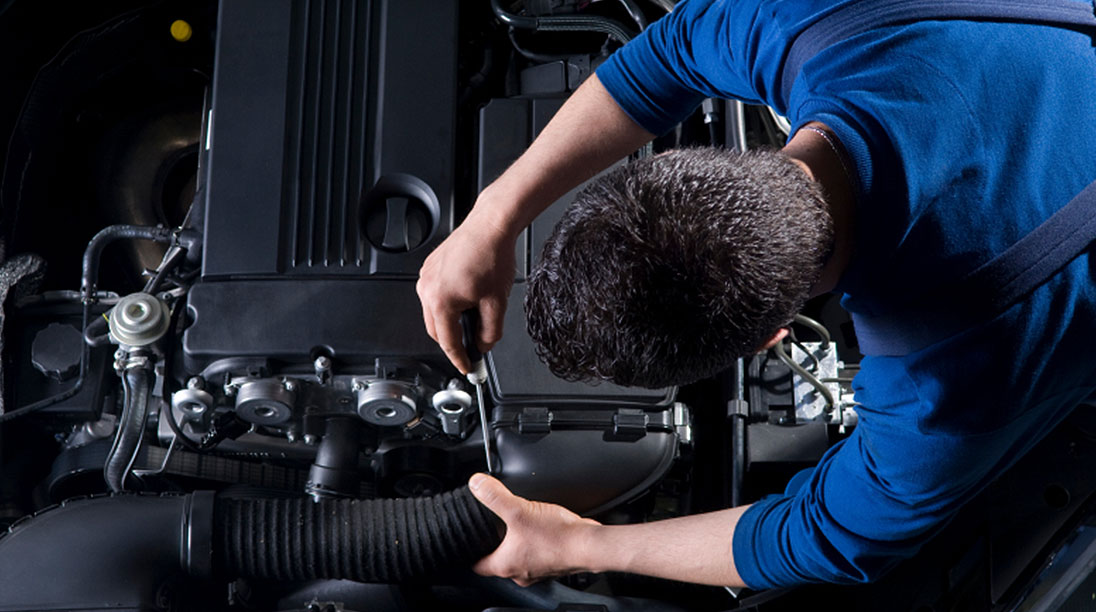A little TLC can go a long way with regard to the powertrain of your vehicle. Similar to how one would indulge an animal companion or plow a garden, a car engine necessitates affection in order to function efficiently. Consistent preventive maintenance will guarantee that your vehicle remains dependable for every mile, thereby averting the need for expensive repairs in the future. Engine car parts such as the spark plugs and timing belts, require periodic inspection and replacement. Alright, fasten your seatbelts and allow me to delve into seven preventive maintenance recommendations that will ensure the optimal condition of your automobile’s engine!
Inspect Air Filters:
Prior to anything else, ensure that your engine can breathe easily by routinely inspecting and replacing its air filters. Similar to the lungs of an engine, air filters prevent the entry of debris such as grime, grit, and other impurities that could clog the workings. An obstructed air filter obstructs the passage of air, thereby increasing the engine’s workload and fuel consumption. For that reason, remove the bonnet and inspect the filters. When they appear gritty or obstructed, it is time to replace them! Your engine will appreciate the improved fuel economy and streamlined operation.
Monitor Your Fluids:
Fluids are the engine’s sustenance; therefore, routinely inspecting them is essential. Each fluid, from transmission fluid to coolant, is essential for the engine’s efficient operation. Depleted coolant can result in overheating, whereas contaminated oil can induce friction and deterioration. That being so, obtain a dipstick and a cloth to examine the fluids. If anything appears soiled or low, replenish it or schedule a cleanse. With the proper fluids circulating through its vessels, your engine will operate more smoothly, happily, and coolly.
Regular Oil Change:
An oil change is a ritual that every engine merits. Fresh oil lubricates and satisfies all of those moving elements, thereby decreasing friction and heat. Furthermore, it aids in the removal of grime and residue, ensuring a thoroughly clean engine from the inside out. On that account, avoid delaying the oil change; incorporate it into your routine preventive maintenance. Whether one is a do-it-yourself devotee or prefers professional assistance, administering liquid gold to their motor will maintain its zeal like that of a kitten.
Conduct Emissions Inspections:
In the modern era, regulating emissions is beneficial not only for your engine but also for the environment. Emissions inspections verify that the engine is operating at peak efficiency and refrains from emitting detrimental pollutants. So, it is advisable not topay attention to that visit to the inspection station; doing so will result in improved engine health and fresher air. Additionally, clearing with glowing colors will provide you with the assurance that your vehicle is operating in the most environmentally friendly manner possible.
Inspect Timing and Serpentine Belts:
Belts, while not aesthetically pleasing, are crucial for ensuring the proper functioning of engine components. Timing belts ensure the synchronisation of the pistons and valves in the engine, while serpentine belts supply power to the alternator and power steering pump. Over time, belts can degrade or loosen, creating a risk of malfunction.
And remember, visually inspect those belts and listen for any squeaks or squeals that could indicate a problem. If they are worsening in appearance, do not wait until they break before replacing them to ensure that your engine continues to operate efficiently.
Change Your Spark Plugs:
Spark plugs, albeit little, provide a substantial increase in performance for your engine. Spark plugs play a crucial role in initiating combustion in the air-fuel combination within each cylinder, essential for engine operation. Dirty or degraded spark plugs can cause incorrect functioning, rough idling, and reduced fuel efficiency.
So, ensure that these tiny pyrotechnics are replaced at the interval specified by the manufacturer. Enhancing fuel efficiency, achieving smoother starters, and improving overall performance are all benefits that your engine will appreciate.
Maintain a Clean Engine (No Leaks):
Lastly, maintain a clean and leak-free engine to prevent any unwelcome revelations from occurring beneath the hood. Leaks of any fluid—oil, coolant, or otherwise—can be detrimental to the engine and your wallet. Stay alert for any puddles or drops that may accumulate under your car and address them soon. Identifying and resolving concerns such as a deteriorating gasket or a loose hose clamp early can prevent more serious troubles in the future. Regularly clean your engine to keep it looking fresh and functioning well. Regular maintenance of engine car parts prolongs the vehicle’s lifespan and guarantees a more comfortable driving experience.
Bottom Line
The maintenance of your automobile’s engine need not be difficult or costly. By performing some TLC and preventative maintenance, you can ensure that your engine operates efficiently for many years. Keeping up with regular maintenance ensures that your vehicle performs at its best and lasts longer. So, put on your seatbelts, hit the road, and relish the upcoming calm voyage. Visit luckylify for more interesting articles. Also read: Tips for Maintaining Car Diesel Fuel Injector System
